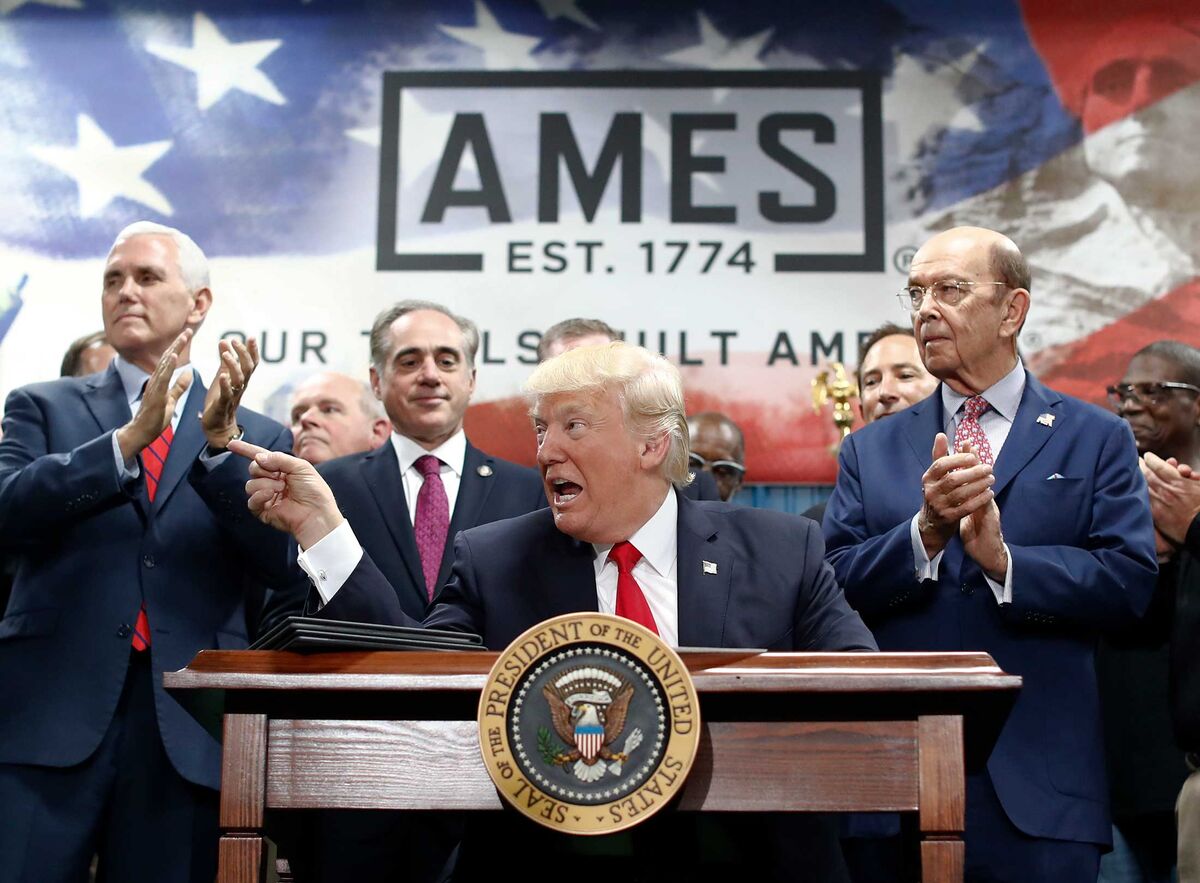Negative
22Serious
Neutral
Optimistic
Positive
- Total News Sources
- 2
- Left
- 1
- Center
- 1
- Right
- 0
- Unrated
- 0
- Last Updated
- 3 days ago
- Bias Distribution
- 50% Center


Tariffs Impact Latinos, Strain Businesses as Economic Consequences Loom
Recent tariffs imposed by the Trump administration, particularly those targeting Chinese imports, have led to significant price increases for American consumers, with companies like FIIO raising prices by 40% due to a 145% tariff. Experts and policy organizations, such as The Budget Lab at Yale and the Heritage Foundation, note that these tariffs are effectively regressive taxes, disproportionately impacting low-income groups—especially Latinos, who have the lowest per capita income and highest rates of low-wage employment among major U.S. demographic groups. While tariffs are historically used to protect domestic industries and generate government revenue, critics argue that they ultimately harm consumers and undermine innovation by creating uncertainty and distorting markets. Economists from Adam Smith to Ronald Reagan have warned of the adverse effects of such protectionist policies, emphasizing that tariffs often fail to achieve their intended goals and instead pass costs onto domestic buyers. Furthermore, the promise that tariffs would force foreign exporters to bear the burden has proven unfounded; instead, U.S. importers and consumers are paying higher prices. The broader economic impact of these tariffs is likely to ripple beyond targeted communities, affecting the overall economy and business climate.


- Total News Sources
- 2
- Left
- 1
- Center
- 1
- Right
- 0
- Unrated
- 0
- Last Updated
- 3 days ago
- Bias Distribution
- 50% Center
Negative
22Serious
Neutral
Optimistic
Positive
Related Topics
Stay in the know
Get the latest news, exclusive insights, and curated content delivered straight to your inbox.

Gift Subscriptions
The perfect gift for understanding
news from all angles.

